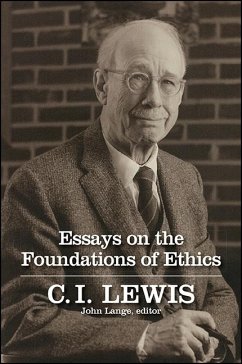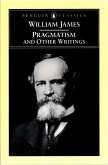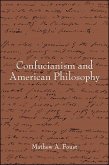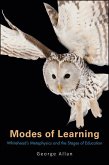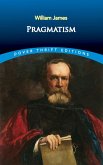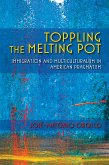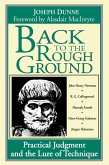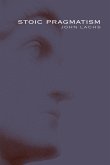2018 CHOICE Outstanding Academic Title
C. I. Lewis, one of America's greatest philosophers, was tremendously influential in the fields of logic and epistemology. However, it was to ethics that he devoted the last years of his life. His approach to ethics was not merely as an academic pursuit, but as the deepest and most fundamental challenge of human life, older than philosophy itself: how should one respond to the necessity of action, and cope with the imposed, unforgiving imperatives of self-governance? Drawing from volumes of Lewis's hand-inscribed notes and drafts, John Lange has assembled a version of Lewis's final book, Essays on the Foundations of Ethics, bringing to light his desire to locate and articulate those moral realities which he found to be part of an enlightened common sense, a common sense to be expected in an evolved, self-governing, rational human nature.
C. I. Lewis, one of America's greatest philosophers, was tremendously influential in the fields of logic and epistemology. However, it was to ethics that he devoted the last years of his life. His approach to ethics was not merely as an academic pursuit, but as the deepest and most fundamental challenge of human life, older than philosophy itself: how should one respond to the necessity of action, and cope with the imposed, unforgiving imperatives of self-governance? Drawing from volumes of Lewis's hand-inscribed notes and drafts, John Lange has assembled a version of Lewis's final book, Essays on the Foundations of Ethics, bringing to light his desire to locate and articulate those moral realities which he found to be part of an enlightened common sense, a common sense to be expected in an evolved, self-governing, rational human nature.
Dieser Download kann aus rechtlichen Gründen nur mit Rechnungsadresse in A, D ausgeliefert werden.

